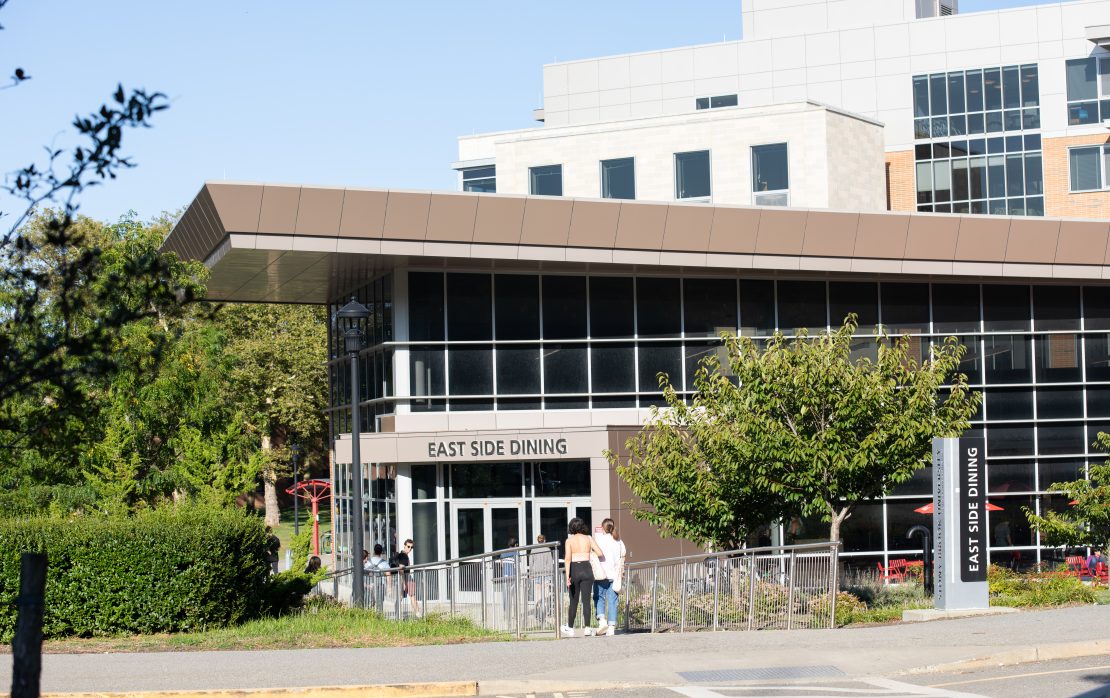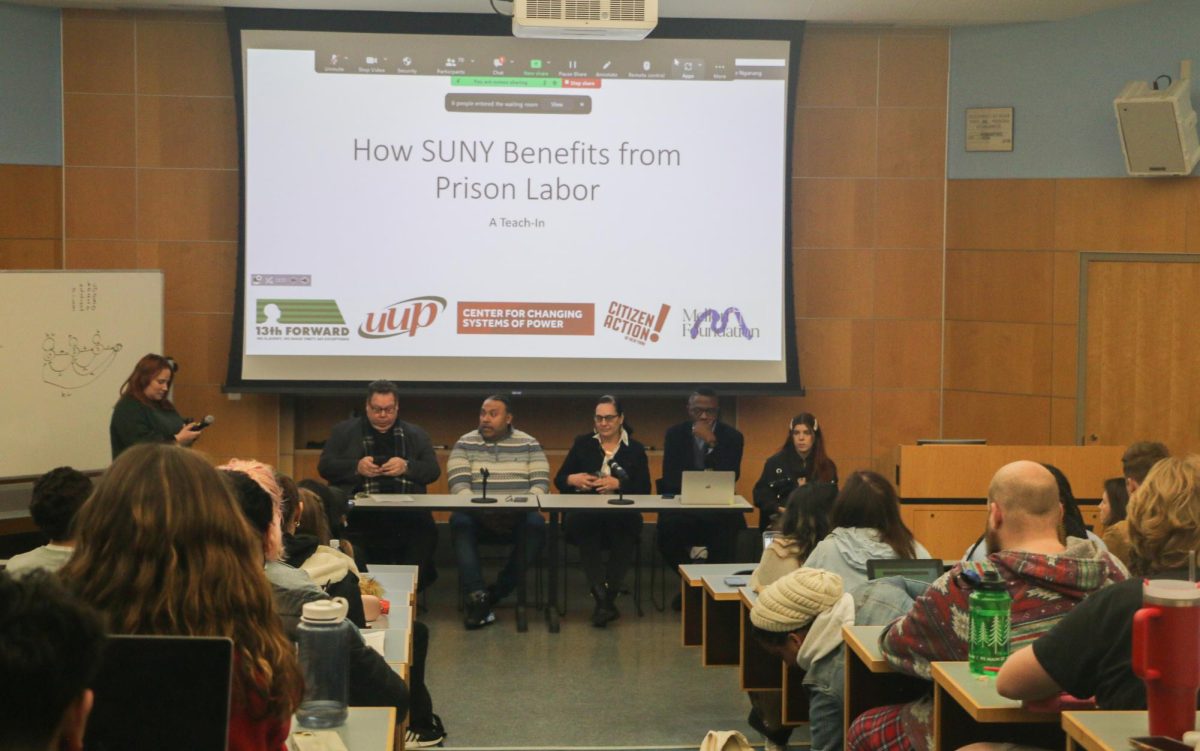
Stony Brook University will allow students to choose a pass/fail grading option for a majority of courses, according to a March 20 email from Interim Provost Minghua Zhang.
Some schools and colleges within the university can opt out of the policy, and will send students an update on their decision by March 30. Graduate and professional programs still haven’t decided how to “optimize their grading recommendations,” according to the email.
Eighty students signed a petition that was launched on March 19 for Stony Brook University to consider a pass/fail option this semester, as universities across the U.S. begin to expand the opportunity amid the coronavirus (COVID-19) outbreak.
The transition to remote learning due to COVID-19 concerns has compelled dozens of American universities to consider expanding their pass/fail options.
“Students everywhere are struggling, and not a single one of us signed up for online education,” Ryan Meyer, the creator of the petition, wrote in its description. “Many people have difficulty learning in an online environment, and to put a letter grade on our efforts when we were not prepared for such a transition is unfair.”
In an opinion article published by CNN on March 18, senior academic advisor to University of Minnesota’s history department David M. Perry noted that the pandemic calls for a prioritization of “empathy, kindness, and trust.”
“Strong students want grades as markers of their success,” Perry said in his article. “But in this moment of crisis, we’re all just going to have to relax and accept that the chaotic world we’re living in right now demands a different approach.”
Students from Columbia University also started a petition for a pass/fail model, which has already garnered over 4,700 signatures. Samantha Hochstat, the petition’s creator and a student at Barnard College, which is part of Columbia, reached out to dozens of professors and other faculty urging them to support the petition.
“Many students are faced with disparate, disadvantageous situations that make it impossible to grade on an equitable basis,” Hochstat and fellow petitioners, Julia Silbert and Steven Liu, wrote in an op-ed piece published by Columbia’s campus news outlet, the Columbia Daily Spectator. “Some may have to care for their families and loved ones or are sick themselves. Others are faced with food insecurity or are seeking a place to live…. Yet these issues are just a fraction of those currently facing many students and despite this, the University has not yet provided an update on the grading system.”
On March 20, Columbia officially joined a dozen other schools in switching to a pass/fail grading system.
“With respect to courses, working with each of your schools, we have decided that all classes this semester will be graded pass/fail,” an email sent to students from Columbia University’s President Lee C. Bollinger stated. “This, of course, does not reflect a reduction in expectations, but rather an acknowledgment of the severe complications of this unusual moment.”
The Manhattan Institute of Technology, Carnegie Mellon, University of Minnesota, Vanderbilt University and several top law schools have already begun providing extended options. Syracuse University has also extended the deadline for students to apply for a pass/fail grade.






















